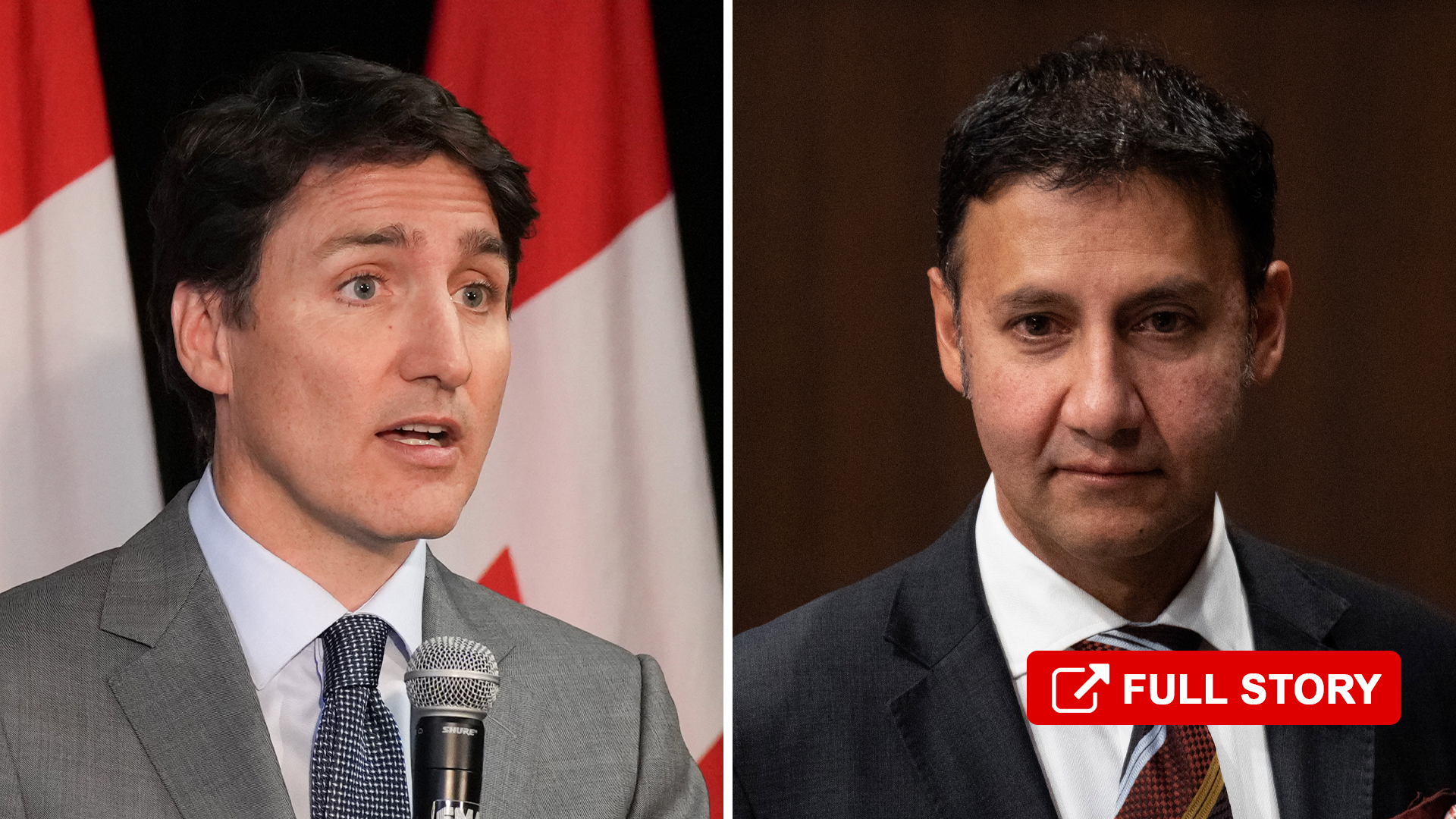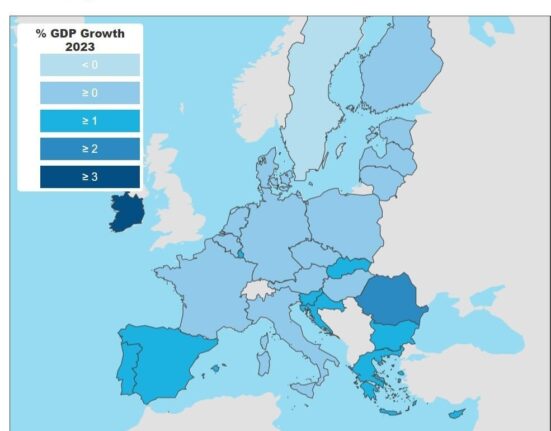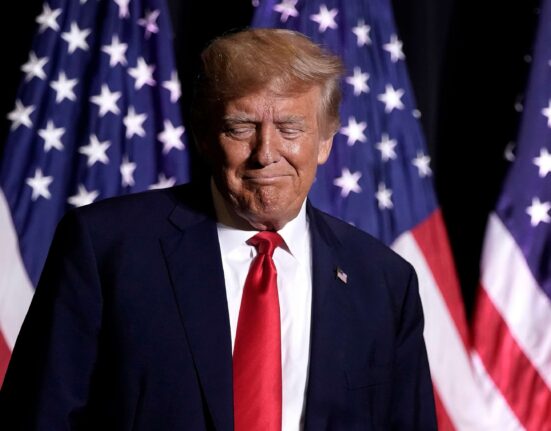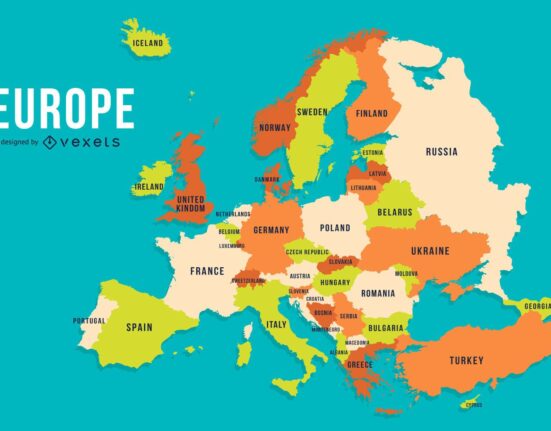In a recent exploration of barriers to competition in the pharmaceutical industry, regulatory focus shifted from biotech firms to pharmacy benefit managers (PBMs). These entities play a pivotal role in determining drug prices and access for patients. The Federal Trade Commission and U.S. Department of Justice have initiated discussions to address anticompetitive practices that contribute to high drug costs.
“There’s little point in pouring hundreds of millions of dollars into creating a biosimilar if PBMs will refuse to cover it,”
voiced Sally Pipes, a prominent healthcare analyst. The revelation that PBMs, not biotech companies, are chiefly responsible for hindering fair competition has sparked debates within the industry.
PBMs wield significant power by influencing which medications are covered by insurers through formulary decisions. This authority allows them to negotiate prices with drug manufacturers and secure rebates. While PBMs claim these rebates benefit patients by reducing costs, their business model is structured in a way that incentivizes the promotion of higher-priced drugs over more affordable alternatives.
A House Oversight Committee report highlighted instances where PBMs favored costly medicines over cheaper equivalents, resulting in additional financial burdens on patients. It was revealed that PBMs receive a substantial portion—over 40 cents per dollar—of expenditures on brand-name medications by commercial health plans, indicating their lucrative position within the market.
Furthermore,
experts emphasized how PBMs’ preferences for higher-priced drugs impede competition and innovation, particularly regarding generic and biosimilar drugs.
Biosimilars, which offer cost-effective alternatives to biologic drugs, face challenges gaining market share due to exclusion from formularies or restrictive access requirements imposed by PBMs.
Juliana Reed from the Biosimilars Forum pointed out concerning practices involving popular medications like Humira and its biosimilar competitors. James Gelfand underscored how such actions hinder biosimilar sustainability and deter manufacturers from investing in developing these alternative treatments.
The declining interest in producing biosimilars due to PBM interference has led to what some panelists termed as a “biosimilar void.” This phenomenon signals a critical lack of new developments in this sector despite numerous biologic drugs losing patent protection in the coming years.
Moreover, traditional generic drug manufacturers also face obstacles as PBMs influence coverage decisions that impact patient adoption rates. The slow uptake of new generic medications underscores the pervasive influence of PBMs on prescribing patterns and market dynamics.
Moving forward, policymakers are urged to scrutinize PBMs’ operations closely and consider implementing measures that promote transparency and fair competition. Requiring PBMs to pass negotiated rebates directly to patients could translate into tangible savings at pharmacies—a step towards ensuring greater affordability and accessibility of essential medications for all consumers.









Leave feedback about this